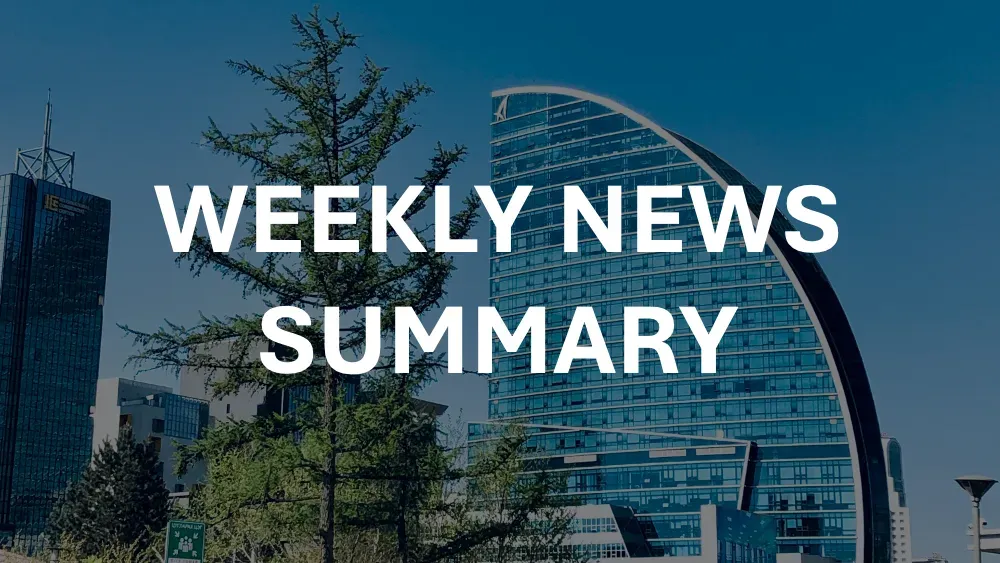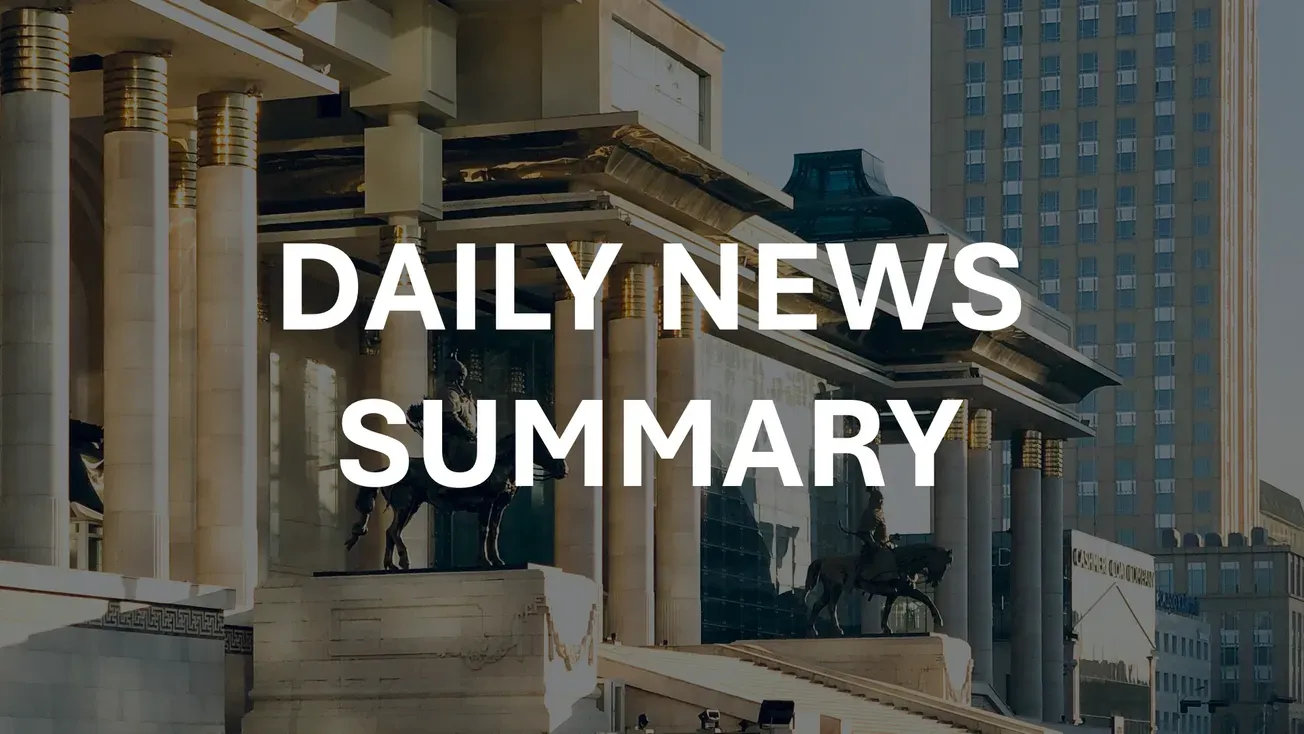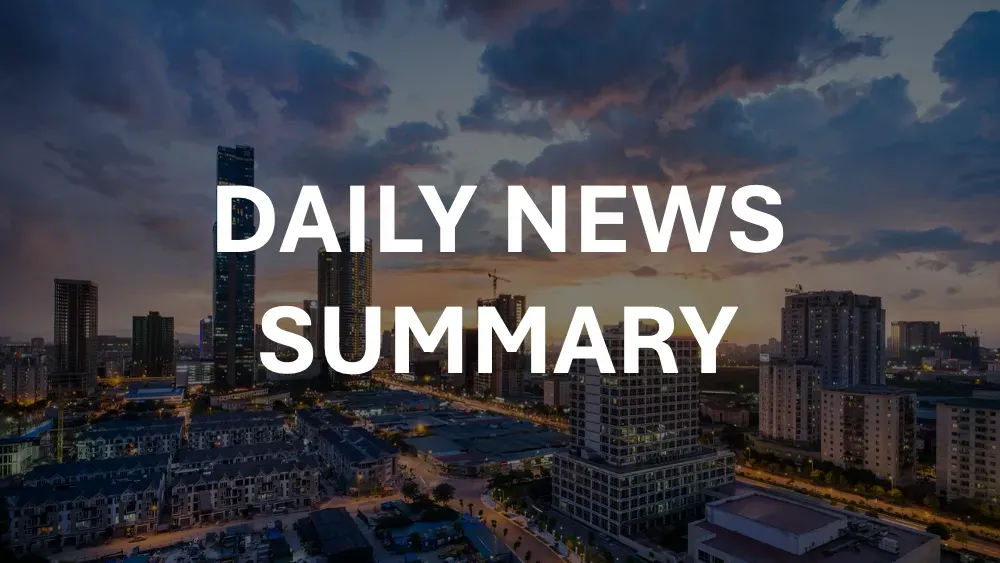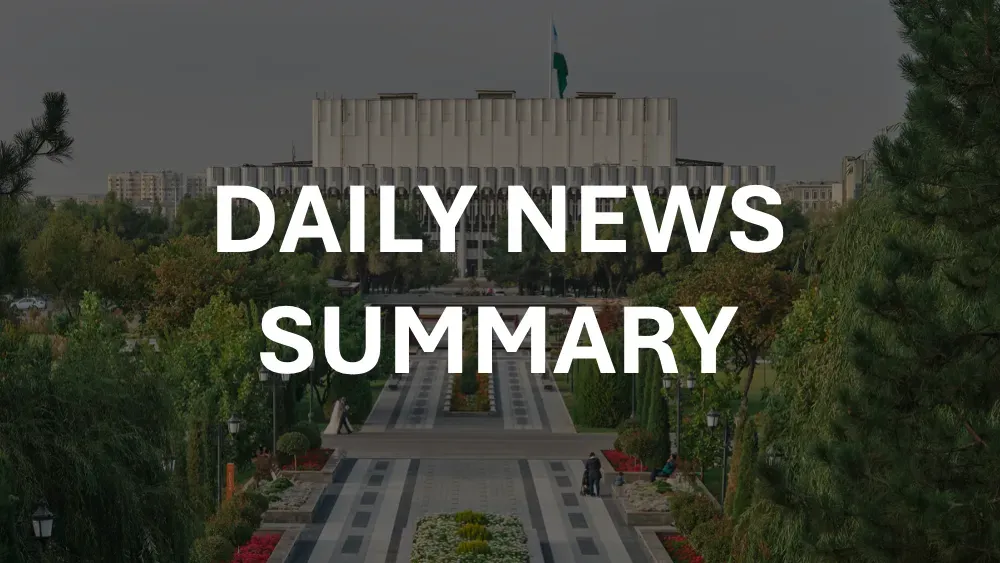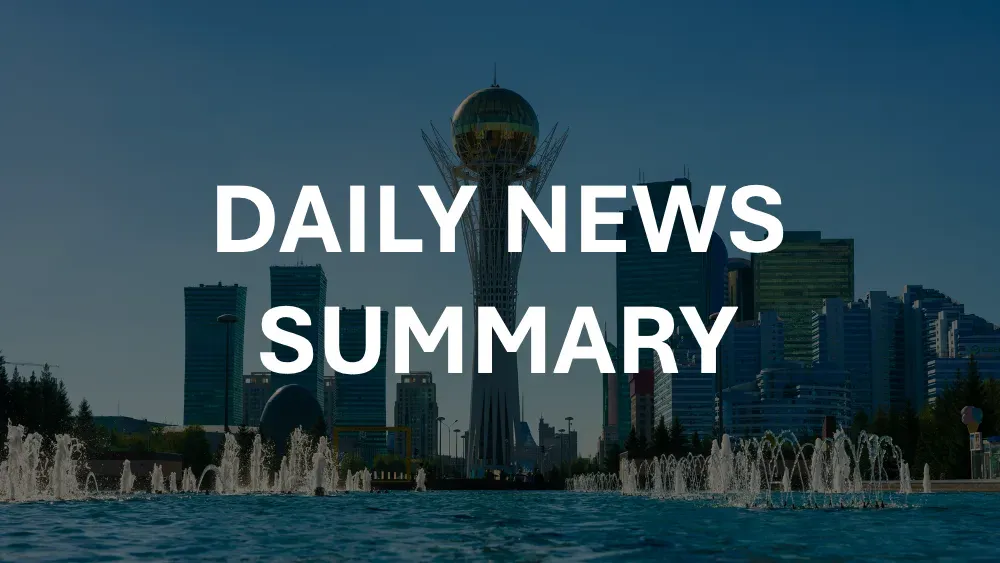This weekly digest showcases just 10 stories. Daily subscribers receive comprehensive intelligence briefs with 40 of the top stories organized by category. Don't miss the stories that matter.
Subscribe to Daily →
October 3, 2025 to October 9, 2025
This week's top 10 stories from Mongolia, selected from our daily intelligence briefs.
1. IMF and ADB Flag Renewed Vulnerabilities as Coal Eases and Reforms Lag
The IMF and Asian Development Bank warn that Mongolia’s post‑2023 recovery is losing momentum as coal prices and exports slide into 2025, squeezing fiscal revenues, widening external gaps and pressuring the togrog; inflation remains elevated at about 8–9%, driven by regulated price adjustments and food/import costs. The IMF flags financial‑stability risks from rapid credit growth, falling reserves and heavy reliance on China’s coal demand, and recommends tighter fiscal and monetary policy, a more flexible exchange rate, macroprudential measures and structural reforms to reduce state intervention and improve SOE transparency. The ADB trimmed Mongolia’s GDP forecasts to 5.7% for both 2025 and 2026 (down from 6.6% and 5.9%), citing softer coking‑coal demand, logistics bottlenecks and government spending cuts, while noting support from livestock recovery and Oyu Tolgoi’s underground ramp‑up.
Complementing these assessments, the World Bank’s East Asia and Pacific Update projects Mongolia to grow 5.9% in 2024 and cut its 2025 forecast to 5.9% (then 5.6% in 2026), and its fiscal review urges urgent budget rule tightening and a shift from demand‑side stimulus to supply‑side, medium‑term reforms. Analysts — including economist Ch. Otgochuluu — criticize the 2025 budget for overestimating coal exports (90 mt) and persisting politically driven, low‑return spending. Key policy prescriptions include progressive personal income taxation, pension and health financing reform, better targeting of social transfers, higher excise taxes, and improved public investment and SOE governance to reduce commodity dependence and stabilize revenues.
Local Coverage: itoim.mn, unuudur.mn, eagle.mn, montsame.mn, news.mn
From daily briefs: 2025-10-07, 2025-10-08, 2025-10-09
2. Ulaanbaatar Signs PPP Deal to Build 300 MW CHP-5 at Former Ash Pond Site
Ulaanbaatar has signed a $658 million public–private partnership (DBFOM) with Cambodia-based Mitime (Mitaim) International LLC to develop the long-delayed Combined Heat and Power Plant No. 5 (TPP‑5 / CHP‑5) on a 26‑hectare former ash‑pond site at CHP‑2 in Bayangol District. Designed for 300 MW electric and 340 Gcal heat capacity, the plant will serve western city districts (Tavan Shar, 21st microdistrict, Khilchin, Bayankhoshuu and parts of microdistricts I–IV) — roughly 40,000 households — and is expected to reduce reliance on costly imports that stem from a current peak demand of 1,636 MW versus 1,549 MW installed thermal capacity.
Technical and financing specifics aim to limit environmental impact and improve reliability: CFB boilers with NOx/SO2 controls, air‑cooled condensers with wastewater reuse to lower water use, and equipment designs from the Hubei Institute of Energy Research accounting for extreme cold and seismic loads; coal will be railed from Baganuur and Shivee‑Ovoo. Financing is 80% private / 20% city, and authorities say the project will stabilise tariffs, support domestic manufacturing and jobs, and modernise transmission and distribution (including smart‑grid upgrades), positioning TPP‑5 as a near‑term measure to strengthen Ulaanbaatar’s energy security.
Local Coverage: ikon.mn, montsame.mn, gogo.mn, urug.mn, eagle.mn, news.mn
From daily briefs: 2025-10-04, 2025-10-07, 2025-10-08
3. Presidential Trip to India Poised to Elevate Strategic Partnership with Deals on Energy, Minerals, and Digital Cooperation
President U. Khurelsukh’s visit to India, timed with 70 years of diplomatic ties, is expected to cement a broad strategic partnership through agreements on digital economy projects, renewable energy collaboration linking Mongolia’s wind and solar resources with Indian technology, and long-term mineral supplies to support India’s industry. Defense cooperation will deepen via the bilateral “Nomadic Elephant” exercises and a proposed cyber security training center in Ulaanbaatar; commercial talks continue with JSW Steel and SAIL over coking coal from Tavan Tolgoi, contingent on logistics through Russia or China. The India-financed Dornogovi oil refinery, scheduled for late 2026/early 2027, remains central to Mongolia’s strategy to reduce fuel import dependence.
The visit aligns Mongolia’s Third Neighbor policy with India’s Act East strategy, expanding cooperation in UN peacekeeping and SCO-related security matters and signaling a durable political partnership: Ambassador D. Ganbold called it “an invisible infrastructure of trust,” echoed by Dr. Nutan Kapoor Mahawar’s remarks on mutual respect. For international professionals, the trip underscores tangible economic and security linkages—energy infrastructure, strategic mineral flows, digital and cyber collaboration—that could reshape regional supply chains and geopolitical alignments in Central and South Asia.
Local Coverage: itoim.mn
From daily brief: 2025-10-09
4. Gazprom Advances ‘Power of Siberia-2’ Pipeline via Mongolia to Supply China
Russia’s Gazprom is advancing the Power of Siberia‑2 pipeline, a roughly 6,700 km natural gas trunk intended to transit Mongolia to supply China with about 50 billion cubic meters (bcm) per year. Preliminary cost estimates for the project range from USD 10–13.6 billion; key next steps remain final investment decisions, the financing structure and obtaining route‑specific permits and environmental approvals within Mongolia.
For Mongolia the pipeline would position the country as a strategic energy corridor and bring construction activity, ancillary services and potential long‑term transit fee revenue. For China the line would diversify overland gas supplies and bolster energy security; for Russia it supports a continued reorientation of exports toward Asian markets. Timing and commercial viability will hinge on cross‑border agreements, financing terms and Mongolia’s regulatory clearances.
Local Coverage: eagle.mn
From daily brief: 2025-10-04
5. Government Publishes Coal and Cross-Border Rail Deal Files; Political Tensions Rise Over Off‑take Contracts
The Cabinet has ordered the public release of previously classified files related to the Gashuunsukhait–Gantsmod cross‑border rail link and associated coal offtake contracts, instructing state miner Erdenes Tavantolgoi (ETT) to post contracts and correspondence online and to recruit a new CEO through an open process. ETT has already published 32 supply and off‑take agreements from 2020–2022 and the government disclosed a total of 36–39 formerly secret coal deals signed between 2019–2022, many allegedly tied to Bod Group; officials say the full dossier (briefings, minutes and letters with Chinese counterparts) will be made public to boost transparency.
The disclosures come amid an intensifying political fight: MPs D. Ganbat and J. Bayarmaa say they have 32 signatures to form a temporary parliamentary committee to probe the “Harbin” off‑take deal and aim to hold hearings this year, while Parliament’s Standing Committee is weighing a motion to dismiss Prime Minister G. Zandanshatar. Lawmakers claim pricing deviations lowered contracted prices to about $50/ton from parity benchmarks and are seeking renegotiation toward $65/ton on a proposed 250 million‑ton volume (which they estimate could yield ~$2.5 billion additional revenue). Critics point to potential large‑scale losses—one economist estimated Bod‑linked exports might have generated as much as $1.6 billion at notional $200/ton—and to an unfinished rail project that remains central to export capacity and political accountability.
Local Coverage: ikon.mn, gogo.mn, unuudur.mn, urug.mn, news.mn, itoim.mn, eagle.mn, montsame.mn
From daily briefs: 2025-10-09, 2025-10-10
6. Prime Minister Orders Revocation of Licenses for Fuel Importers Found Creating Artificial Shortages
Mongolian Prime Minister G. Zandanshatar has ordered regulators and law enforcement to investigate allegations that some fuel importers are deliberately creating artificial shortages, instructing authorities to impose sanctions up to revoking special import licenses if intent is proven. The Cabinet review stressed that there is no supply restriction from Russia, Mongolia’s main fuel supplier, and framed the inquiry as a security and competition issue amid intermittent retail disruptions that have raised public concern about supply constraints and pricing.
The directive, reported by eagle.mn, signals tougher market oversight and could materially reshape the importer landscape if enforcement follows, as probes may target collusion or manipulation among traders. For international energy and trade professionals, the development highlights increased regulatory scrutiny in Mongolia’s downstream fuel sector and potential short-term market dislocations depending on the scope and speed of license actions.
Local Coverage: eagle.mn, gogo.mn, ikon.mn
From daily brief: 2025-10-09
7. Regulators Advance Measures to Ease Foreign Access to Mongolia’s Capital Market
Mongolia’s Financial Regulatory Commission’s Capital Market Policy Council has reviewed measures to broaden foreign participation by simplifying onboarding and aligning KYC with global standards. A working group recommended adopting internationally used tools and frameworks — Legal Entity Identifier (LEI), vendor e-KYC solutions (Trulioo, Sumsub), and a Portfolio Investment Account (PIA) model — to enable non-resident individuals and entities to open accounts and trade more easily.
The council also supported finalizing a “Securities Borrowing and Lending” regulation in 2025, with related infrastructure institutions tasked to amend their rules to accommodate the change. If implemented, these steps would reduce entry barriers for foreign investors, improve liquidity and product development on the Mongolian exchange, and position the market to attract greater cross-border portfolio flows by aligning access and verification standards with international practice.
Local Coverage: unuudur.mn
From daily brief: 2025-10-07
8. Government Funds DCS-3 Repairs to Secure Winter Power and Heat Supply
The Mongolian government has allocated MNT 105 billion to repair Ulaanbaatar’s 58‑year‑old DCS‑3 thermal power plant after a recent incident, with envoy N. Tavinbekh reporting that three of five work packages are already ~90% complete. The current restoration targets remaining equipment, piping, generators and construction tasks ahead of peak winter demand so DCS‑3 can deliver roughly half of last year’s peak output while new generation sources cover additional needs to stabilize the grid.
Tavinbekh warned that only about 30% of the facility is being refurbished under the present program and that age‑related risks persist, so he has requested continued budgetary support for further modernization. Officials contend there will be no electricity or heating outages this winter provided demand does not spike unexpectedly, but the limited scope of work and the plant’s advanced age leave residual operational risk.
Local Coverage: unuudur.mn
From daily brief: 2025-10-03
9. Government Reshapes Oyu Tolgoi Strategy as London Arbitration Proceeds
Mongolia has restructured its legal and interagency response as arbitration over tax and contract disputes at the Oyu Tolgoi copper-gold project proceeds at the London Court of International Arbitration (hearings held Sept. 15–26, 2025). An Aug. 22 directive created a renewed task force across Finance, Justice, Industry and Mineral Resources, Tax and Customs, the Water Agency and state miner Erdenes Oyu Tolgoi to defend the state’s position; Cabinet Secretariat chief S. Byambatsogt said the government is confident it will prevail and can absorb any adverse award by offsetting future taxes. Parallel tracks include revising loan interest and management-fee terms, lowering borrowing costs toward benchmark levels, and strengthening governance via state-appointed board members.
A temporary parliamentary oversight panel has formed a task force to clarify the state’s equity in Onrè LLC (which holds two Oyu Tolgoi-area licenses) and ensure compliance with law; Industry Minister G. Damdinyam said access for a 2025 mine plan occurred but no extraction is under way. Oversight chair O. Batnairamdal highlighted structural asymmetries—Mongolia’s 34% equity lacks concentrate sales rights while Onrè markets its 20% share and borrows from Oyu Tolgoi at ~6.7% interest versus the project’s ~11% parent-level cost—and flagged undisclosed 2011 shareholder-agreement changes as a likely renegotiation priority (news.mn; itoim.mn).
Local Coverage: gogo.mn, news.mn, itoim.mn
From daily briefs: 2025-10-03, 2025-10-09
10. Climate Pact Signed to Implement Paris Agreement through Article 6 Collaboration
On January 6 Mongolia and Singapore signed a bilateral cooperation agreement to implement the Paris Agreement through Article 6 mechanisms, enabling cross‑border emissions reduction projects and market‑based carbon cooperation. The deal—signed by Mongolia’s Deputy Prime Minister and Economy Minister N. Uchral and Environment Minister B. Batbaatar, and Singapore’s Sustainability and Environment Minister Grace Fu and Trade and Industry Minister Gan Kim Yong—targets renewables, energy efficiency, waste management, reforestation, climate‑smart agriculture, land restoration and resilient infrastructure. It aligns with Mongolia’s updated NDC to cut emissions 30.3% by 2035 and allows Singaporean government and carbon tax‑liable firms to buy credits from approved Mongolian projects, with Singapore committing 5% of authorised credit revenues to Mongolian adaptation and cancelling 2% of issued credits to safeguard overall mitigation integrity.
The agreement is expected to accelerate Mongolian green investment, job creation and foreign‑currency inflows while supplying Singapore with high‑integrity credits and technology transfer under transparent rules, expanding private‑sector participation in international carbon markets. Mongolian stakeholders including Khulan Berger (Climate Bridges/Our Impact Mongolia) argue that a robust Climate Change Law, clearer governance and open reporting are urgent to translate the pact into domestic action—particularly after last year’s severe dzud losses—and to build trust ahead of Mongolia hosting UNCCD COP17 in 2026.
Local Coverage: gogo.mn, montsame.mn, ikon.mn
From daily briefs: 2025-10-03, 2025-10-08, 2025-10-09
About This Weekly Digest
The stories above represent the most significant developments from Mongolia this week, selected through our AI-powered analysis of hundreds of local news articles.
Stories are drawn from our daily intelligence briefs, which synthesize reporting from Mongolia's leading news sources to provide comprehensive situational awareness for international decision-makers.
These weekly highlights are a small sample of what's happening. Daily subscribers get comprehensive briefings with 40 top stories that connect the dots between events, track developing stories, and provide the context you need for informed decision-making.
Upgrade to Daily →
